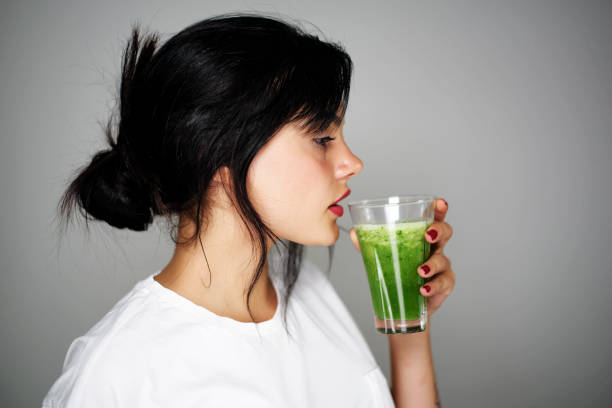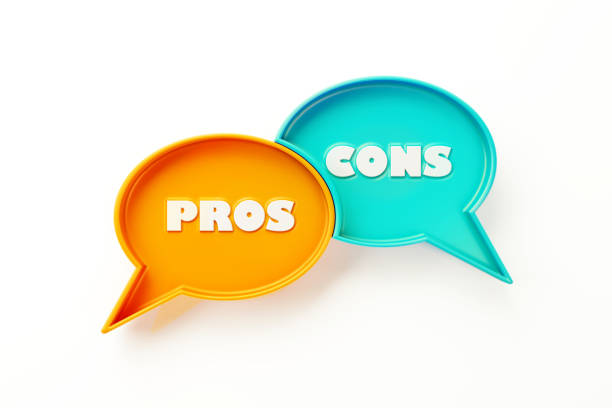Kinds of Diets, Nutrition, Supplements and Herbs, What to Eat and Drink
Does Juice Dieting Work
Have you ever considered juice diets as a way to lose weight? If this is the case, you are not alone. Juice diets have grown in popularity in recent years as a quick and ostensibly successful approach to shed pounds. But the fundamental question is whether juice diets work.
In this article, we will look at the effectiveness of juice diets and whether it may help you lose weight. We’ll look at the science behind juice diets and weigh the potential benefits and drawbacks.
While some juice diet supporters swear by its capacity to purify the body and jumpstart weight reduction, others are unconvinced. It is critical to distinguish between fact and fiction and to comprehend the risks and limitations of this strategy.
Stay tuned if you’re intrigued about juice diets and wondering if it’s the best option for you. We’ll provide you all the facts you need to make an educated decision on whether juice dieting is a viable option for achieving your weight loss objectives.
What is a Juice Diet?
A juice diet, also known as a juice cleanse or juice fast, consists of ingesting solely fresh fruit and vegetable juices for a set amount of time. This means that solid foods such as meats, grains, and dairy items are avoided. A juice diet might last anywhere from a few days and several weeks.
Juice diet supporters claim that by ingesting just juices, the body may detoxify and rid itself of toxins, resulting in weight loss and better general health. The theory is that by removing solid foods, the digestive system is given a rest, enabling the body to focus on healing and cleansing.

The Science Behind Juice Dieting
While juice diets may sound appealing, it is critical to understand the science behind them. Calorie restriction is the primary reason why people lose weight on a juice diet. Most juice diets are low in calories, resulting in a calorie deficit and weight loss.
It is crucial to note, however, that this weight loss is frequently transient and is caused mostly by water loss and muscle mass depletion rather than fat loss. When you limit your calorie intake, your body uses glycogen stores for energy, which causes water to be released. This initial weight loss can be deceiving and may not be long-lasting.
Another disadvantage of juice diets is the possibility of vitamin shortages. While fresh fruit and vegetable juices are a good source of vitamins and minerals, they are low in protein, healthy fats, and fiber. These nutrients are critical for overall health and well-being, so it’s critical that your body gets them from other sources.

Pros and Cons of Juice Dieting
Juice dieting, like any other diet, has advantages and disadvantages. Let’s take a deeper look at some of the potential advantages and disadvantages of this strategy.
Pros:
Weight loss: As previously stated, juice diets can cause temporary weight reduction owing to calorie limitation.
Increased fruit and vegetable consumption: Juice diets can help you consume more fruits and vegetables, which are high in vitamins and minerals.
Convenience: For people who prefer quick and easy meal options, juice diets can be beneficial.
Cons:
Nutrient deficiencies: Juice diets lack essential nutrients including protein, healthy fats, and fiber, which can lead to deficits if followed for a lengthy period of time.
Muscle loss: Because juice diets are low in protein, there is a danger of muscle loss.
Unsustainable: Juice diets are frequently difficult to keep over time, making it difficult to maintain weight loss.
Before starting a juice diet, examine the positives and downsides and consider your personal needs and goals.

Does Juice Dieting Lead to Weight Loss?
While juice diets can result in initial weight loss, the long-term success of this technique must be considered. A mix of good diet, frequent physical activity, and lifestyle adjustments is required for long-term weight loss.
Juice diets can assist jump-start weight loss, but they are not a magic bullet that assures long-term results. To avoid regaining weight after reintroducing solid foods into your diet, it’s critical to make smart choices and maintain a balanced lifestyle.

Potential Health Benefits of Juice Dieting
While weight loss is frequently the major goal of juice diets, there may be some health benefits to this method.
Increased consumption of fruits and vegetables: Juice diets can help you consume more fruits and vegetables, which are high in vitamins, minerals, and antioxidants.
Hydration: Because juices are mostly water, they can help you stay hydrated.
Detoxification: Some juice diet supporters feel that it might help detoxify the body by removing toxins. It is crucial to remember, however, that the body has its own natural detoxification system via organs such as the liver and kidneys.
While these possible health benefits may sound enticing, keep in mind that they may be obtained through a well-balanced diet rich in whole foods.

Common Misconceptions About Juice Dieting
There are some frequent misconceptions concerning juice diets that need be addressed.
Detoxification: Juice diets are frequently offered as a method of detoxifying the body. There is, however, little scientific evidence to support the notion that juice diets are more effective at detoxification than a balanced meal.
Sustainable weight loss: Many people feel that juice diets can lead to long-term weight loss. While they may aid in the initial stages of weight loss, long-term success necessitates a complete and sustainable approach.
Nutrient adequacy: Some people believe that juice diets give all of the nutrients they require. However, they frequently lack vital nutrients, which might result in deficiencies if consumed for an extended period of time.
It’s critical to be aware of these myths and proceed with caution when it comes to juice diets.
Tips for a Successful Juice Diet
If you decide to try a juice diet, here are some pointers to help you succeed:
Visit a healthcare provider: It’s always a good idea to visit a healthcare practitioner before beginning any diet, especially if you have any underlying health concerns.
Choose a variety of fruits and veggies: To guarantee you’re getting a diverse range of nutrients, make your juices from a variety of fruits and vegetables.
Consume some protein: While juice diets are often low in protein, it’s critical to incorporate some protein sources to avoid muscle loss. This can be accomplished by incorporating protein-rich items into your juices, such as almonds or seeds.
Keep in mind that a juice diet should not be followed for an extended period of time. It’s ideal to utilize it as a short-term weight loss strategy or to enhance your fruit and vegetable intake.

Juice Dieting vs. Other Popular Diets
One of the many popular diets available today is the juice diet. Let’s compare it to some other popular diets:
Keto diet: Focuses on high-fat, low-carb diets with the goal of putting your body into a state of ketosis, when it burns fat for fuel. The keto diet, unlike juice diets, allows for solid foods.
Intermittent fasting: The practice of alternating between periods of fasting and eating. It does not limit the types of foods you can eat, unlike juice diets.
Paleo diet: emphasizes the use of entire, unprocessed foods comparable to those ingested by our forefathers. Juice diets exclude solid foods, which are not part of the paleo diet.
Each diet has an own strategy and set of potential benefits. It is critical to select a diet that is compatible with your goals, interests, and lifestyle.

Potential Risks and Side Effects of Juice Dieting
While juice diets may sound enticing, it is critical to evaluate the risks and side effects of this method.
Nutrient deficiency: Juice diets lack essential nutrients including protein, healthy fats, and fiber, which can lead to deficits if followed for a lengthy period of time.
Muscle loss: Because juice diets are low in protein, there is a danger of muscle loss.
Low energy levels: Because juice diets are frequently low in calories, they might cause weariness and trouble performing strenuous activity.
Digestive difficulties: When ingesting high amounts of juice, some people may develop digestive troubles such as bloating, gas, or diarrhea.
When considering any diet, it is critical to listen to your body and prioritize your overall health and well-being.
Conclusion
When you think about the idea of juice diets, it’s clear that they might help you lose weight quickly, but their long-term effectiveness raises real worries. Eating nutrient-dense foods, getting regular exercise, and making long-lasting changes to your lifestyle are all important parts of losing weight that will stay off.
Juice diets can help you eat more fruits and veggies and lose weight at first, but they can also cause vitamin deficiencies and muscle loss, so it’s not a good idea to stick to them for a long time.
If you are thinking about going on a juice diet, you should talk to a doctor or nurse first to make sure you are getting enough nutrients. Finally, the most important thing is to find a healthy, long-lasting method that works for you and that you can stick with. This is the only way to be successful on your weight loss journey.


